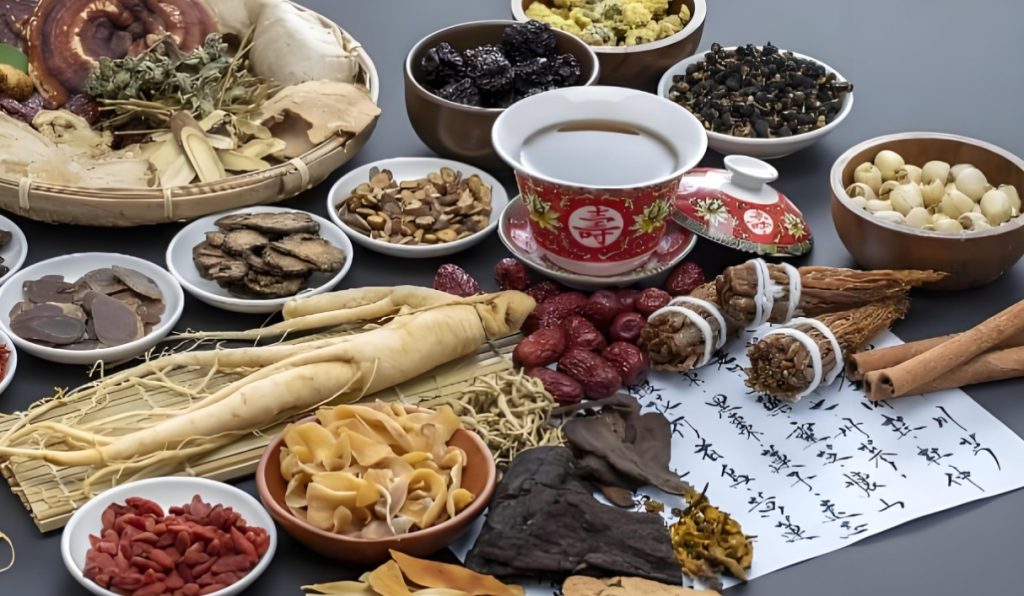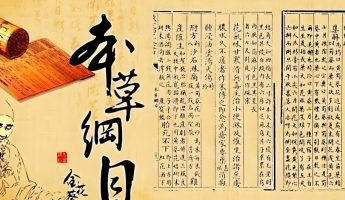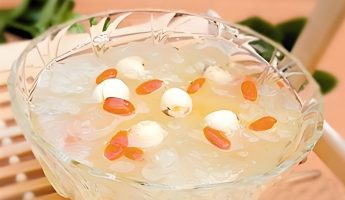Traditional Chinese medicine milk tea, traditional Chinese medicine coffee, Tonic Diet desserts… are gradually popular among young people, and the health care craze has gradually moved from “soaking Chinese wolfberry in a thermos cup” to specialization. The idea that medicine and food are the same source has become increasingly popular. Ingredients such as jujubes and goji berries are not only delicious, but also contain health wisdom, nourishing the body and mind. The catering industry keeps up with the trend and innovatively launches traditional Chinese medicine hotpot, health preserving sugar water and other dishes, allowing people to enjoy delicious food while also enjoying healthy nourishment. This health revolution has perfectly integrated ancient wisdom with modern life, leading a new trend of health. Although traditional Chinese medicine’s health preservation methods are widely popular, they are also accompanied by many issues that deserve in-depth analysis, and there are many misconceptions and deviations in public perception.
Misconception 1: Traditional Chinese Medicine Has No Side Effects
Many health products like to use words such as “natural” and “pure plant” in their promotion, giving people the impression that “traditional Chinese medicine is pure natural and has no side effects”. However, traditional Chinese medicine is a medication, and one of its fundamental principles for treating diseases is the principle of “treating deviations with deviations”, which refers to using the deviations of drugs to adjust the deviations of human body functions.
Many traditional Chinese medicines have varying degrees of toxicity, and Polygonum multiflorum is commonly used in health products for its ability to nourish hair and nourish essence and blood. However, Polygonum multiflorum raw products have certain liver toxicity, and improper use may cause liver damage. Some traditional Chinese medicines themselves are not toxic, but improper compatibility can cause toxic effects and damage to the body, such as licorice and sweet nectar.
Therefore, when using traditional Chinese medicine for health preservation, it is necessary to fully understand the compatibility taboos and side effects of traditional Chinese medicine to avoid causing damage to the body.

Misconception 2: Traditional Chinese Medicine Supplements
Currently, young people face high work pressure, and an increasing number of them are in a suboptimal state of health, experiencing symptoms such as fatigue, sweating, insomnia, excessive dreaming, and tiredness. In the eyes of some people, their body is a bit “weak” and needs to be supplemented, so they like to buy traditional Chinese medicine to self supplement the deficiency, such as Guipi Wan, Liuwei Dihuang Wan, etc., and even choose precious traditional Chinese medicine, such as deer antler, cordyceps, American ginseng, Korean ginseng, etc. Little did they know that traditional Chinese medicine emphasizes the balance of qi, blood, yin, and yang, and what is lacking is being supplemented.
I feel a bit weak in my body, but I can’t distinguish whether it’s yin deficiency, yang deficiency, blood deficiency, or qi deficiency, so I randomly “replenish” it. Some people, who are originally strong and robust, think that “supplementing is always harmless” and take a certain nourishing Chinese medicine for a long time, but the more they supplement, the more weak they become. There are differences in physical constitution, age, gender, lifestyle habits, etc. among different people. When taking tonics, it is necessary to supplement the deficiency reasonably according to one’s own physical constitution.
Misconception 3: Long term consumption of traditional Chinese medicine herbal tea or tea bags
Minor ailments commonly encountered by people, such as sore throat, toothache, and a slight dryness of the mouth, are all judged as “internal heat”. Therefore, in recent years, traditional Chinese medicine herbal tea and various tea bags have become very popular, and most of the herbal tea and tea bags used in traditional Chinese medicine herbal tea and various tea bags are clearing heat and detoxifying herbs such as Radix Isatidis, Chrysanthemum, and Prunella vulgaris, all of which are bitter cold medicines. Long term use can cause damage to the spleen and stomach, leading to spleen and stomach deficiency and coldness.
Misconception 4: Using Traditional Chinese Medicine for Weight Loss
Recently, a 2.0 version of Wumei Tang has become popular on the internet, and netizens are rushing to buy it with the goal of losing weight. However, according to traditional Chinese medicine theory, there are multiple factors that contribute to obesity, such as qi deficiency and phlegm dampness. Therefore, different people have different weight loss methods. Some need to nourish qi and spleen, while others need to dissipate phlegm and dampness.
Many weight loss and health products claiming to contain traditional Chinese medicine ingredients on the market contain rhubarb, aloe vera, senna leaves, and even add Western medicine, packaged as “moisturizing intestines, promoting bowel movements, detoxifying, slimming, and beautifying” health products. Rhubarb, aloe vera, and senna are all laxatives that can cause diarrhea. Therefore, traditional Chinese medicine for weight loss should be consulted with a professional Chinese medicine practitioner before use.
Traditional Chinese medicine for health preservation is not a one-time effort. It requires us to constantly learn and explore health preservation methods that are suitable for ourselves. In this process, we need to patiently and carefully observe our own physical changes and adjust our health strategies in a timely manner; At the same time, we also need to maintain a calm attitude and not rush to achieve or blindly follow the trend. Only in this way can we truly understand the essence of traditional Chinese medicine health preservation and enjoy the health and happiness it brings.



